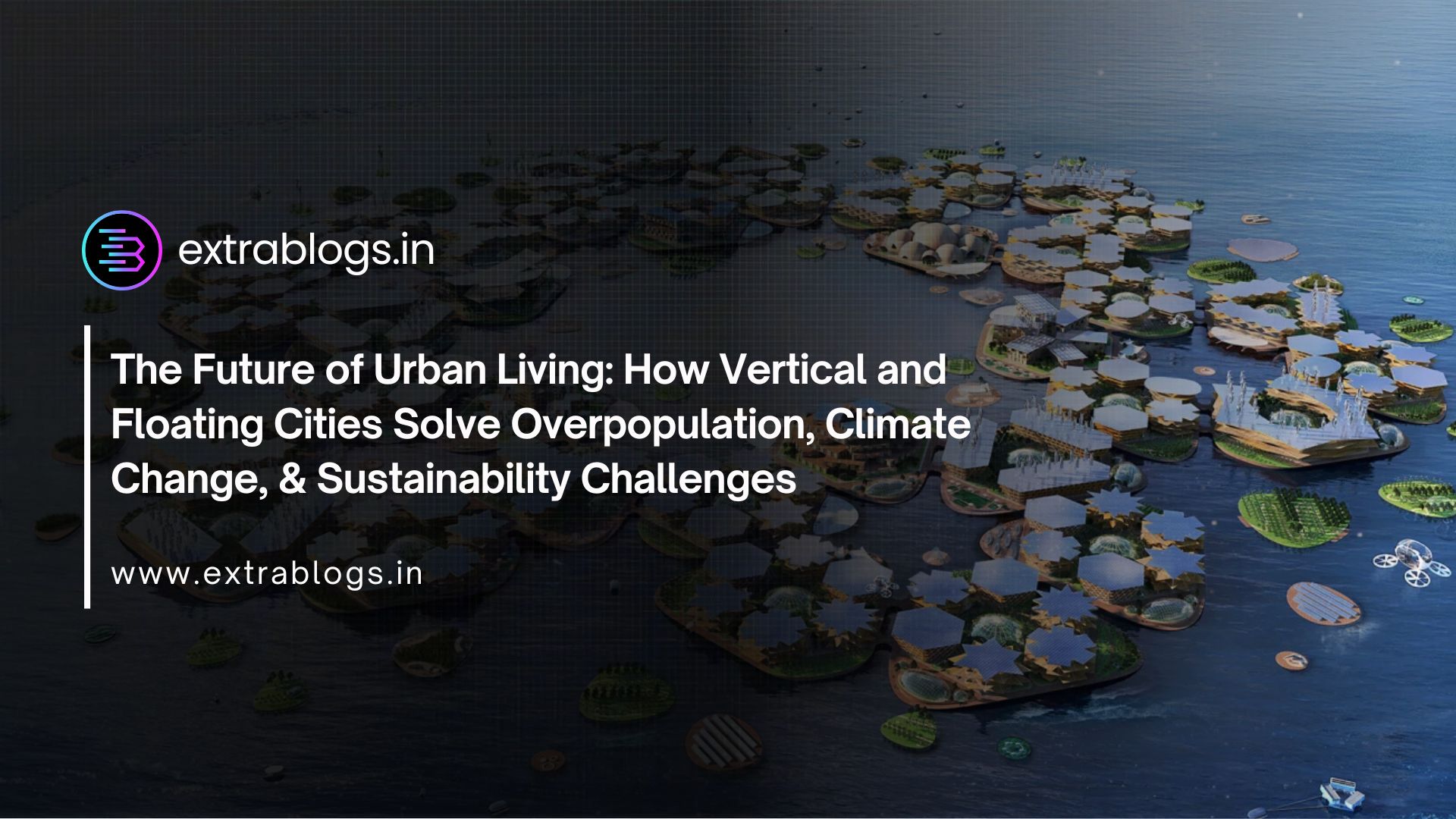G7 Summit 2025
G7 Summit 2025: Canada’s Vision for a Sustainable and Inclusive Future
The G7 summit, an annual gathering of leaders from Canada, France, Germany, Italy, Japan, the United Kingdom, and the United States, plus the European Union, is set for 2025 in Kananaskis, Alberta. This 51st summit marks the 50th anniversary of the group, highlighting its enduring role in addressing global challenges. Canada, as host, will focus on building inclusive economies, fighting climate change, and managing rapidly evolving technologies, while also tackling broader issues like peace and security.
Details and Expectations
Date and Location: Scheduled for June 15–17, 2025, in Kananaskis, Alberta, this location previously hosted a G8 summit in 2002, adding historical significance.
Host's Priorities: Canada aims to advance dialogue on economic inclusivity, climate action, and technology governance, potentially launching a new signature initiative, though details are not yet public.
Global Issues: Expected topics include support for Ukraine, nuclear disarmament, and Middle East stability, reflecting ongoing international concerns. Economic recovery and digital transitions are also likely on the agenda, given global economic pressures.
Survey Note: Comprehensive Analysis of the G7 Summit 2025
The G7 summit, an informal forum of the world's leading industrialized democracies, is poised for its 51st meeting in 2025, hosted by Canada in Kananaskis, Alberta, from June 15 to 17. This section provides a detailed examination of the summit's background, host priorities, anticipated discussions, and potential outcomes, drawing on available information as of March 12, 2025.
Background and Context
The G7, comprising Canada, France, Germany, Italy, Japan, the United Kingdom, and the United States, along with the European Union as a non-enumerated member, was established in 1975 to coordinate economic policies among major advanced economies. Over the decades, its scope has expanded to include security, climate change, and technological challenges, reflecting its role as a platform for global leadership. The 2025 summit is particularly notable as it coincides with the 50th anniversary of the first G7 summit, underscoring its historical significance.
The choice of Kananaskis, Alberta, is symbolically rich, having previously hosted the G8 summit in 2002. That summit focused on fighting terrorism, promoting global economic growth, and launching initiatives like the Global Partnership Against the Spread of Weapons and Materials of Mass Destruction, which mobilized $20 billion over ten years for cooperative threat reduction. This historical context suggests a potential continuity in addressing security and development themes in 2025.
Host Country: Canada's Role and Priorities
Canada, assuming the G7 presidency from January 1 to December 31, 2025, will host the summit, marking its seventh time as host. The Canadian government's stated priorities, as outlined on Canada's 2025 G7 Presidency, include demonstrating leadership through meaningful dialogue, collective action, and innovative solutions. Specific focus areas include:
- Building Economies That Benefit Everyone: This encompasses inclusive growth strategies, addressing economic inequality, promoting job creation, and enhancing social welfare. Past Canadian G7 initiatives, such as the 2018 Charlevoix summit's $3.8 billion investment in education for women and girls in crisis, suggest a continued emphasis on social equity.
- Fighting Climate Change: Canada aims to reduce carbon emissions, transition to renewable energy, and advance climate finance, aligning with global efforts like the 2015 Paris Agreement. This includes international cooperation to support climate resiliency, particularly in the Global South.
- Managing Rapidly Evolving Technologies: This involves regulating artificial intelligence, enhancing cybersecurity, and protecting digital rights, reflecting the need to navigate the digital economy's challenges and opportunities.
Additionally, Canada is expected to launch a signature initiative, a tradition seen in previous hosts, potentially focusing on peace and security, given the 2002 Kananaskis precedent. While specifics are not yet public, suggestions include addressing weapons of mass destruction, as noted in discussions on World Refugee and Migration Council.
Anticipated Global Issues on the Agenda
Based on recent global developments and the summit's historical focus, several key issues are likely to dominate discussions:
- International Peace and Security: The ongoing Russia-Ukraine conflict remains a priority, with potential discussions on funding mechanisms like the G7's "Extraordinary Revenue Acceleration (ERA) Loans for Ukraine," using seized Russian assets. Nuclear disarmament and non-proliferation, especially in light of Middle East tensions, are also expected, as highlighted in Council of Councils. Stability in the Middle East, including Iran's nuclear program, may feature prominently, given recent G7 statements.
- Global Economic Stability and Growth: Topics may include trade policies, economic sanctions, and debt relief for developing countries, particularly in the context of post-COVID recovery. The G7's role in shaping global economic governance, accounting for about 45% of global GDP, underscores its influence, as noted on World Population Review.
- Digital Transition: This overlaps with technology management, focusing on facilitating a smooth shift to a digital economy while addressing challenges like data privacy, the digital divide, and AI ethics. Canada's emphasis on the digital transition aligns with its broader technological priorities.
Other potential topics include migration, as seen in the 2024 Apulia summit's focus, and sustainable development, particularly in Africa, reflecting the G7's historical engagement with the Global South.
Potential Outcomes and Expected Announcements
Given the summit's agenda, several outcomes are anticipated:
- Funding for Ukraine: Building on 2024 discussions, the G7 may finalize plans for $50 billion in additional funding, using future proceeds from immobilized Russian assets, as reported in Council of Councils.
- Climate Change Commitments: New targets for emission reduction, climate finance goals, and partnerships for clean energy transitions are likely, continuing efforts from previous summits.
- Technology Governance Frameworks: Policies for AI regulation, cybersecurity cooperation, and digital rights protection may be formalized, addressing the rapid evolution of technology.
- Economic Cooperation Initiatives: Trade agreements, economic partnerships, and initiatives for developing countries could be announced, reinforcing the G7's economic leadership.
These outcomes will depend on consensus among members, given the G7's decision-making process without formal votes, as noted on CBC News.
Leaders Attending
As of March 12, 2025, the leaders expected to attend include:
- Canada: Mark Carney, recently elected as Prime Minister following Justin Trudeau's resignation, marking his first major international appearance.
- France: Emmanuel Macron, President since 2017, continuing his leadership role.
- Germany: Friedrich Merz, newly elected Chancellor after a snap election in February 2025, bringing a conservative perspective.
- Italy: Giorgia Meloni, Prime Minister since 2022, the first woman to hold the office.
- Japan: Shigeru Ishiba, Prime Minister since October 2024, a new face in G7 leadership.
- United Kingdom: Keir Starmer, Prime Minister since July 2024, leading a new Labour government.
- United States: Donald Trump, President since January 2025, returning for his second term.
This mix includes several new leaders, potentially influencing the summit's dynamics, especially with Trump's return and Canada's new leadership under Carney.
Comparative Analysis and Historical Context
Comparing 2025 to 2002, both summits in Kananaskis highlight security and development themes, but the current global landscape, with ongoing conflicts and technological advancements, adds new dimensions. The 2002 summit's focus on terrorism post-9/11 contrasts with 2025's likely emphasis on cyber threats and AI, reflecting evolving global priorities.
Tables for Clarity
To organize the information, consider the following tables:
| Aspect | Details |
|---|---|
| Date and Location | June 15–17, 2025, Kananaskis, Alberta, Canada |
| Host Country | Canada, 7th time hosting, presidency from Jan 1 to Dec 31, 2025 |
| Previous Host (2024) | Italy, focused on Ukraine, Africa, and migration |
| Canada's Priorities | Subtopics |
|---|---|
| Building Economies | Inclusive growth, economic inequality, job creation, social welfare |
| Fighting Climate Change | Carbon emission reduction, renewable energy, climate finance |
| Managing Technologies | AI regulation, cybersecurity, digital rights, societal impact |
| Expected Global Issues | Examples |
|---|---|
| Peace and Security | Russia-Ukraine conflict, Middle East stability, nuclear disarmament |
| Economic Stability | Trade policies, debt relief, post-COVID recovery |
| Digital Transition | Digital economy shift, data privacy, AI ethics |
Frequently asked questions
1. Where and when will the G7 Summit 2025 be held?
The summit will be held in Kananaskis Country, Alberta, Canada, though the exact dates are yet to be confirmed.
2. What are the key topics expected at G7 2025?
Major discussions are likely to focus on:
-
Global economic stability
-
Climate change and sustainability
-
Artificial intelligence & emerging technologies
-
Geopolitical tensions, including conflicts in Ukraine and the Middle East
-
Trade policies and economic recovery.
3. Why was Kananaskis Country chosen?
Canada selected Kananaskis due to its secluded location, ensuring high-level security and privacy for world leaders. The area successfully hosted the 2002 G8 Summit, though security was a major concern due to post-9/11 threats.
4. Why is Kananaskis Country chosen for G7 2025?
-
The region previously hosted the G8 Summit in 2002, known for its scenic yet highly secure location.
-
Lower protest risks due to its remote setting.
-
Strong security infrastructure, including the Royal Canadian Mounted Police (RCMP) and military support.
5. What security measures will be in place?
-
Increased military presence with aerial and ground surveillance.
-
Strict access control and roadblocks around the summit venue.
-
Cybersecurity enhancements to prevent hacking and misinformation campaigns.
6. Will there be protests at G7 2025?
-
Given the remote location, large-scale protests are less likely.
-
However, activist groups may demonstrate in nearby cities like Calgary or Edmonton.
-
Topics like climate change, economic inequality, and AI regulations may spark protests.
7. How much will G7 2025 cost?
-
The 2002 G8 Summit in Kananaskis cost around $300 million.
-
The 2025 budget is expected to be higher due to inflation and increased security needs.
8. Will there be live coverage of G7 2025?
-
Yes, major news channels like BBC, CNN, CBC, and Reuters will provide live updates.
-
The Canadian government will likely set up an official summit website with real-time updates.














Post Your Comment